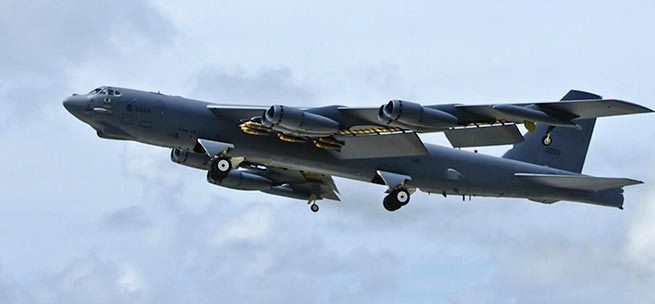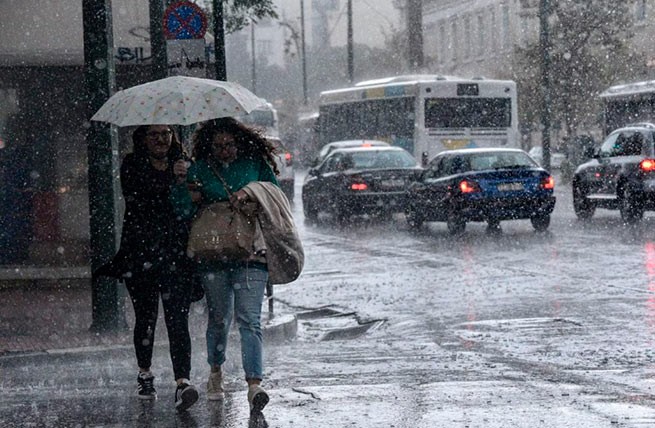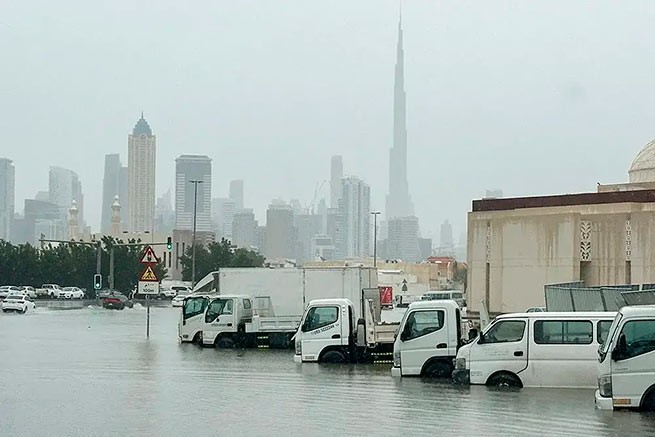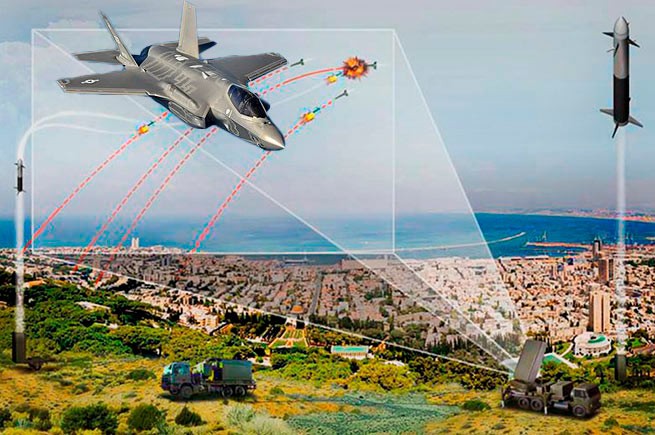More than 100 people have already left Ukraine through humanitarian corridors, 40 thousand – just in a day. However, evacuation remains impossible for Mariupol.
President of Ukraine Volodymyr Zelensky speaks about the impossibility of withdrawing from the destroyed city, located on the brink of a humanitarian catastrophecivilians:
“Mariupol and Volnovakha are completely blockaded. Although we did everything necessary to make the humanitarian corridor work, the Russian troops did not cease fire. Despite this, I decided to send a convoy of trucks to Mariupol anyway with food, water, medicines.”
A large amount of non-military infrastructure in the city has been destroyed. The day before in Russia, information about the shelled maternity hospital was called “fake” and stated that they were not attacking civilian targets. Russian Defense Ministry spokesman Igor Konashenkov says:
“The Russian aviation in the Mariupol area did absolutely no tasks of hitting targets on the ground. The analysis of the statements made by representatives of the Kiev nationalist regime, photographic materials from the hospital leaves no doubt: the alleged airstrike was a completely orchestrated provocation to maintain anti-Russian excitement among the Western audience.”
Meanwhile, Ned Price, a spokesman for the US State Department, said he was paying particular attention to possible war crimes in Ukraine:
“We absolutely support efforts to document and investigate reports of potential war crimes in Ukraine. We have seen credible reports of deliberate attacks against civilians, which, under the Geneva Conventions, is a war crime.”
More than 2 million people fled the war from Ukraine, crossing the borders, about two-thirds – to Poland. The UN warns that Ukrainian refugees can reach four million.
Many Ukrainians have a Russian passport, but most of them categorically condemn the invasion of a neighboring country. They are ready to defend themselves, but the passport of the aggressor country makes this difficult. Andrey Sidorkin from Kiev says:
“I’ve already gone to the military enlistment office five times, but they sent me back precisely because I have a Russian passport. I tried to somehow get through in a roundabout way, and I came to Azov, but so far to no avail. That’s why I’m volunteering.”
Sasha Alekseeva lives in Lvov, not far from the Polish border. Unlike many other Ukrainian cities, it has not yet been bombed. She says she is ashamed of what Russia is doing and says the invasion broke her and many others’ hearts:
“It’s difficult for people who have been in Ukraine for a long time and without legal grounds. I know people who have lived here for ten years already, and they won’t leave now, even if they wanted to. And they will certainly be suspected by the police and the defense” .
Suspicions that create a double sense of helplessness among holders of Russian passports. Andrei Sidorkin frustratedly says that he cannot help his friends prepare the defense of Kyiv.
“Yes, of course, it upset me, because this is my home, like the home of the rest of Kiev, and I also have to and want to protect it. And besides, if this, God forbid, happens that Russian troops come here enter, I would still like to meet them with weapons in their hands, and not with empty hands.
At the beginning of the 20th century, Russians made up from 50% to 70 “in many large and medium-sized cities of present-day Ukraine, including Kyiv, Kharkov, Odessa, Nikolaev, Mariupol, Lugansk and others. At the beginning of the 2000s, Russians made up 17% of the population of Ukraine.






More Stories
US response to the “MONOLITH” command: B-52H strategic bombers are “loaded” with thermonuclear charges (video)
Ukraine is at war with Russia using Chinese drones
"Gift from heaven" – one and a half ton bomb "lost" over Donetsk region